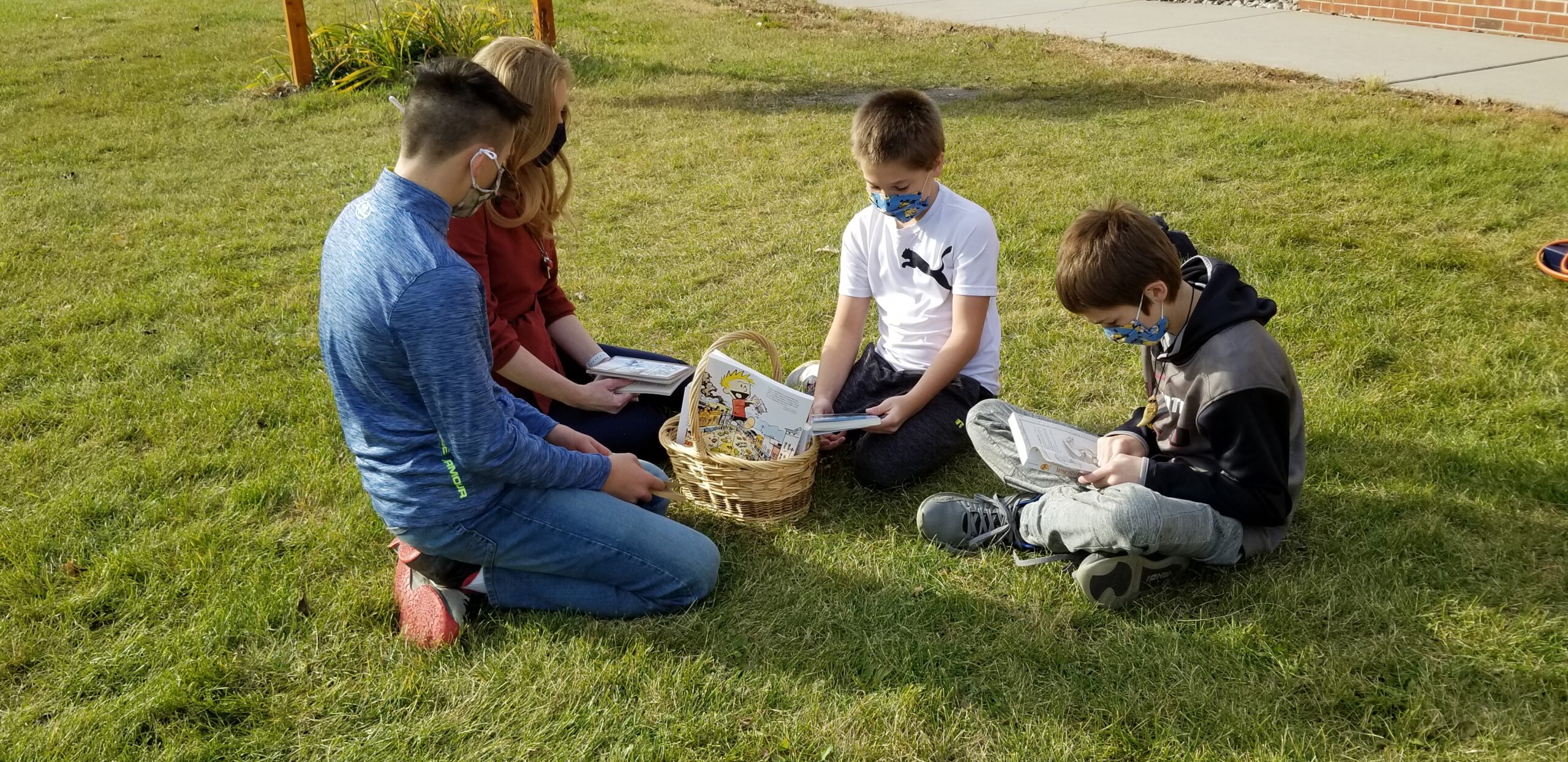E-12 leaders in the Minnesota House introduced a series of bills in committee this past week, including:
- Teacher Mentorship (HF 561)
- Academic Standards (HF 351)
- After-School and Community Grants (HF 786)
- Cooperative Facilities (HF 498)
The Industrial Education Committee also discussed challenges and next steps for vocational education.
Here’s a quick look at each of these issues:
Teacher Mentorship
Teacher mentorship is crucial to ensuring new teachers are fully prepared for the many challenges they’ll face in the classroom and with the broader needs of their students. While many districts have mentoring programs in place, Rep. Dean Urdahl (GOP-Grove City) wants to ensure new teacher mentorship programs exist in all districts in Minnesota. The House Education Policy Committee this past week reviewed HF 561, which would require districts to have mentorship programs in place.
Academic Standards Review
The controversy surround the recently developed social studies standards has led to a flurry of proposed legislation. HF 351 would (Rep. Peggy Scott–GOP Andover) would suspend the academic standards review cycle for all subjects. This bill is advancing in the Senate. A more targeted bill, aimed at just the social studies standards will be reviewed next week in the House.
After-School and Community Grants
Recognizing the importance of out of school learning, especially in these times, a new bill aims to appropriate better funding avenues for after-school programs. Rep. Fue Lee (DFL-Minneapolis) introduced HF 786 this week.
Kari Denissen Cunnien, executive director of Ignite Afterschool, testifying in support. She stressed the importance of after-school programs in improving math and reading scores and the academic footing of low-income students.
This comes as the Governor also announced a package for summer recovery. Learn more.
Cooperative Facilities
For those familiar with the needs of rural schools and intermediate districts that are part of a cooperative system, it will be no surprise that these schools have fallen behind in opportunities and facility upkeep. Improving access to facility maintenance revenue for these cooperative schools is the primary focus of HF 498 (Marquart), a bill that was heard in Education Finance this past week.
The Senate E-12 Committee heard the companion bill three weeks ago. This has been a major legislative priority for MREA. “We’re hopeful this legislation will make it across the finish line this session,” MREA Director of Legislative Action Sam Walseth said.
Career Academies
The primary focus of the Industrial Education Committee has been the declining participation of young people in vocational education. As this decline is in part due to a lack of opportunities, vocational organizations and online learning platforms are beginning to work more collaboratively to develop career academies, where students gain hands-on experience in the trades.
The importance of online learning for vocational careers was brought to the attention of the committee Wednesday as a critical avenue to improve gender diversity in the trades.
Leaders of these organizations appeared before the committee to advocate for greater collaboration within the school district and the state in order to secure state, generate better revenue streams and integrate these programs into regular learning.





